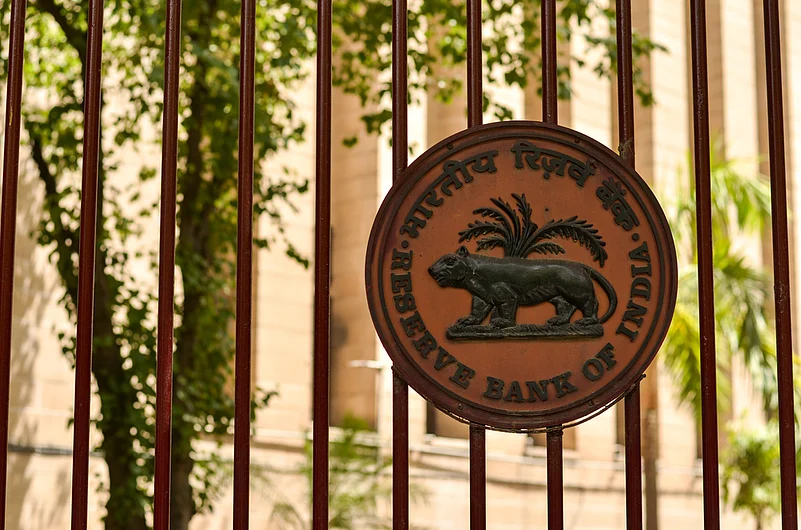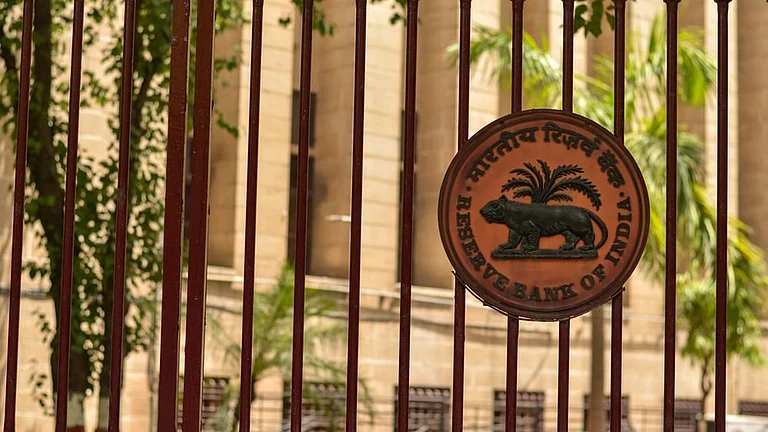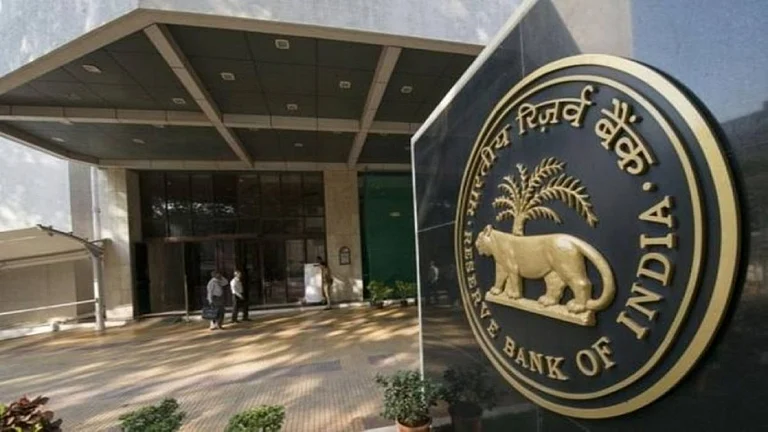The central government is reportedly evaluating RBI's proposed regulations that demand increased provisioning for infrastructure projects, as lenders are expected to oppose these regulations on various forums. Authorities are worried that these measures might trigger an escalation in interest rates and disrupt the current momentum in capital expenditure.
As per sources cited in a report by the Economic Times, the draft regulations will be discussed with the RBI, post the evaluation process.
The shares of various PSBs (Public Sector Banks), NBFCs (Non-Banking Finance Companies) and infrastructure firms took a downturn on the bourses, after these proposals were introduced. This was largely because of the concerns among investors that the regulations could have adverse effects on financials.
"These are draft guidelines, and the consultation process is on. All stakeholders will try to find a common ground to manage risks while supporting infrastructure financing," a government official stated.
Any concerns raised by banks or other ministries will be communicated with the RBI. The regulator has asked for feedback on its proposed guidelines by June 15.
Banks might also resort to lobbying with the RBI against the rise in provisions, stating that it could impede the momentum that has positioned India as the fastest-growing major economy amidst global uncertainty. Senior bankers said that lenders are likely to convey their opposition to the proposals via the Indian Banks' Association (IBA).
On Friday, the RBI issued a draft circular on project financing to make balance sheets more robust. According to the proposed guidelines, lenders would need to set aside provisions of up to 5 per cent of the outstanding exposures for construction projects. This requirement would decrease to 2.5 per cent once the asset becomes operational.
































